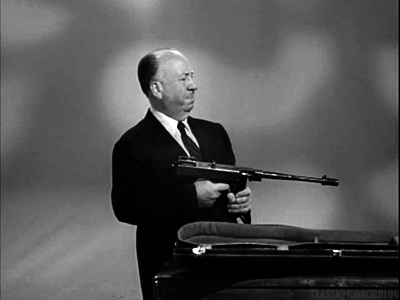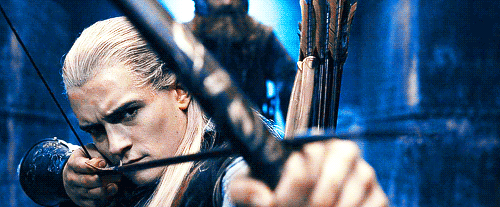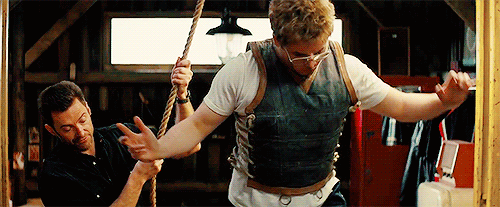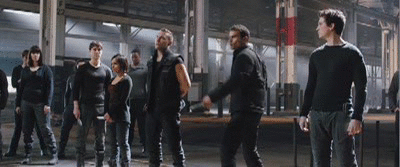Locations and characters:
The location of which a thriller film is set heavily depends on the genre, i.e, horror, action, adventure, fantasy, superhero, sci-fi etc. The setting of the film should match the genre or the subjects involved, for example, a superhero film like Spiderman or the Dark Knight are primarily set in a large cityscape whereas sci-fi films like 2001 Space Odyssey, The Martian or any of the Star Trek and Star Wars films are primarily set in Space or other planets. 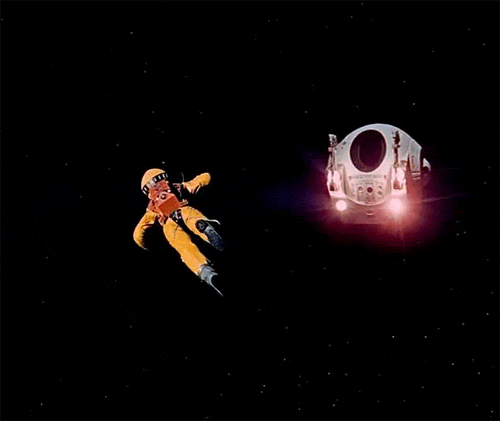
Of course, there are exceptions to this rule in that not all sci-fi films are set in space as the actual definition of sci-fi states that it is based on speculative fiction, often dealing with futuristic science and technology. An example is in Terminator films which deal with robotics, technology/time travel.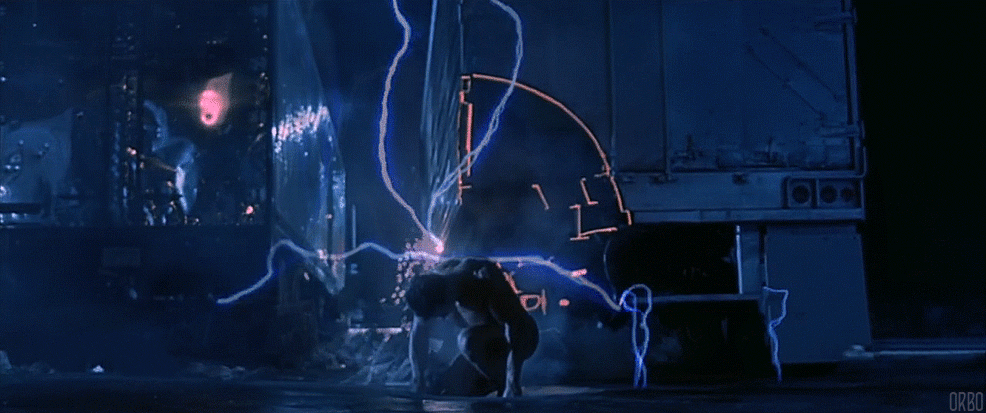

The overall point of location is for the audience to pinpoint with ease, what the genre is and what conventions are expected and part of it is using the correct character archetypes depending on the genre and the location.
Characters that belong in their genre:
Sci-fi: The Terminator, Kirk/Spock, Alien/Predator
Horror: Freddy Krueger, Jason Vorhees, Chucky, Ghostface
Action/Adventure: Indiana Jones, Rambo, James Bond, Ethan Hunt (Mission Impossible)
Superhero: Spiderman, Batman, The Avengers, etc
Fantasy: Harry Potter, Gandalf, Frodo Baggins, etc





In many thrillers, and films in general, have a main set of characters who are important to the story. They are usually heroes of some sort, a western would typically have a cowboy as the hero, an action thriller may have a James Bond type character. The heroes are called "heroes" for a reason, as they are the characters who the audience believes is the one to "save the day". The hero is essential in a thriller film. I would argue that the characters, especially the main protagonist, or hero is the one to make the decisions, and therefore effects the way the story goes.

This is why I think character development is key, even more so than the plot as the characters are what shapes it. A film could be made with the most original story ever shown in cinema, but if that film has bland, generic, one-dimensional characters, that amazing story will feel much weaker and wasted as the characters aren't developed enough to effect the story.
